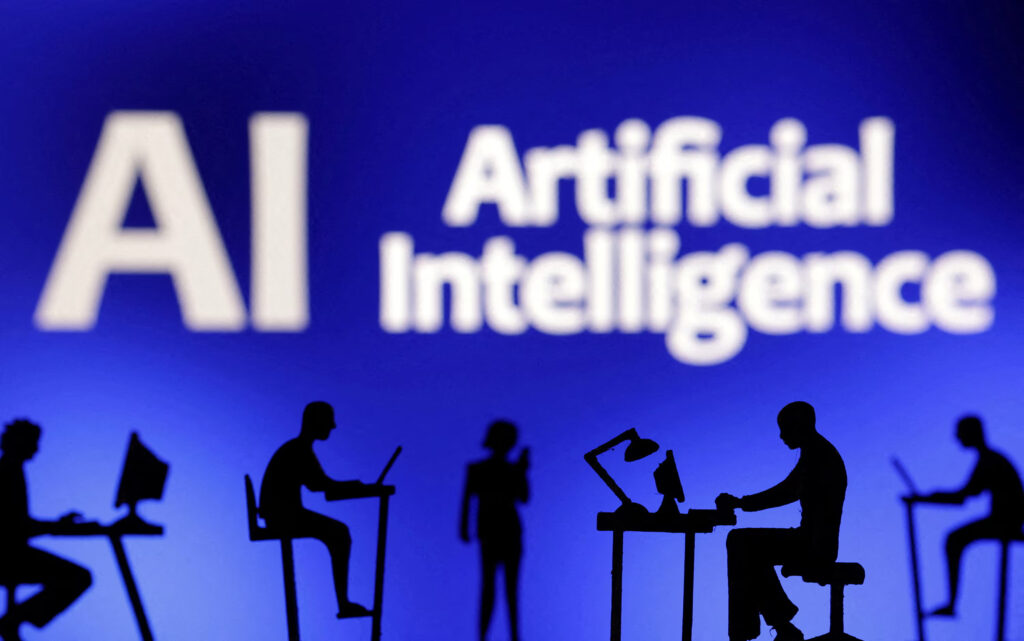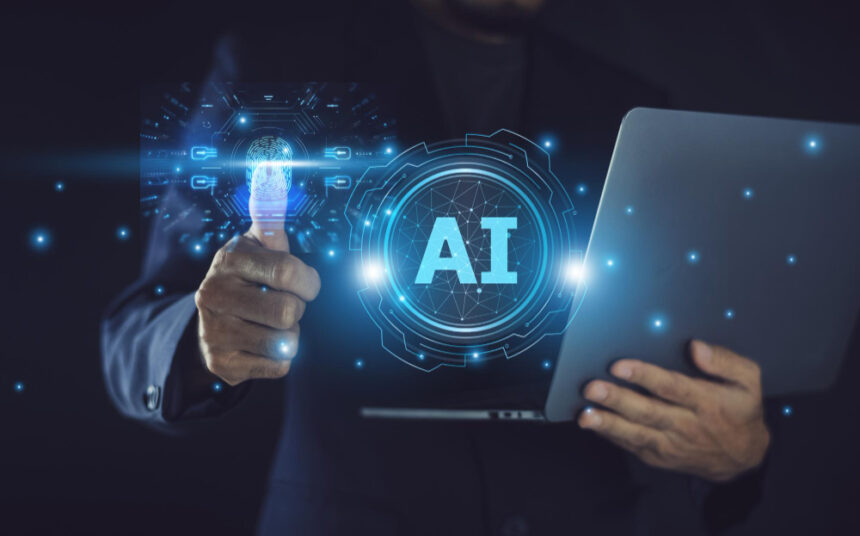Introduction: The Rise of AI in Tech
In today’s digital world, artificial intelligence (AI) is not just a buzzword—it’s a powerful force driving innovation across industries. Among the most impacted areas is software development. The emergence of AI-powered tools and platforms is revolutionizing the way developers code, collaborate, debug, and deploy applications. This transformation is not only making development faster and more efficient but is also reshaping the skillsets developers need in the AI era.
In this blog post, we will explore how AI-powered solutions are reshaping the coding landscape, offering real-world examples, discussing the benefits and challenges, and examining what the future holds for developers and tech teams.
The Evolution of Coding: From Manual to AI-Powered
Before diving into the current AI-powered development world, it’s essential to understand how coding has evolved over the years. Traditional development involved writing every line of code manually, debugging step-by-step, and relying on human logic for optimization. While this process still exists, AI is quickly becoming an integral part of the developer’s toolkit.
AI-powered development tools now assist with code autocompletion, error detection, performance optimization, and even automatic code generation. These innovations reduce the time developers spend on repetitive tasks and enable them to focus on solving higher-level problems.
Key AI-Powered Tools Transforming Software Development
- AI Code Assistants
- Tools like GitHub Copilot, Amazon CodeWhisperer, and Tabnine use machine learning to suggest code in real-time. They help developers by reducing the time spent on boilerplate code and offering intelligent recommendations based on context.
- AI-Driven Testing
- Tools like Testim and Applitools leverage AI to automate software testing. They identify bugs, create test scripts, and adapt to UI changes, ensuring higher test coverage with less manual effort.
- Bug Detection and Code Review
- AI-powered platforms such as DeepCode and Codacy automatically analyze code for potential bugs, security vulnerabilities, and stylistic errors. These tools enhance the review process and improve code quality.
- Natural Language Processing (NLP) Interfaces
- Platforms like OpenAI Codex enable developers to write code using natural language commands. This feature allows non-developers and beginner programmers to create applications without deep technical knowledge.
- AI in DevOps and CI/CD Pipelines
- Machine learning is used to optimize continuous integration and deployment. AI tools can predict deployment failures, optimize infrastructure usage, and manage configurations dynamically.
Benefits of AI-Powered Development
- Increased Productivity
- Developers can focus on creative and complex tasks as AI handles repetitive, time-consuming jobs.
- Faster Time-to-Market
- AI accelerates the development lifecycle, allowing companies to release products and features more quickly.
- Enhanced Code Quality
- AI-driven reviews and testing tools help catch bugs early, reducing technical debt and improving application stability.
- Cost Efficiency
- By automating parts of the development process, businesses can reduce labor costs and improve resource utilization.
- Improved Collaboration
- AI facilitates better collaboration among team members through intelligent documentation, code summarization, and communication tools.
Challenges and Limitations of AI in Development
While AI-powered development brings many advantages, it is not without its challenges.
- Over-reliance on AI
- Relying too heavily on AI can lead to a decline in critical thinking and problem-solving skills among developers.
- Data Privacy and Security
- AI tools often require access to sensitive codebases, raising concerns about data leaks and intellectual property theft.
- Quality of AI Suggestions
- Not all AI-generated code is optimal. Developers must still review and validate suggestions to ensure functionality and performance.
- Learning Curve
- Adopting AI-powered tools requires training and adaptation. Developers and organizations must invest time in learning new systems.
- Ethical Considerations
- The use of AI in development raises ethical questions about bias, authorship, and accountability in software projects.

Real-World Examples of AI-Powered Development
- GitHub Copilot at Microsoft
- Microsoft developers use Copilot to write code faster and with fewer errors. It boosts productivity and helps teams maintain cleaner codebases.
- AI at Google
- Google uses AI to optimize infrastructure management, automate testing, and even contribute to code through internal AI assistants.
- Facebook’s Infer Tool
- Facebook uses the Infer tool, an AI-powered static analysis tool, to detect bugs before code is deployed to production.
- AI in Startups
- Many startups use AI-powered tools to scale rapidly with lean teams. For example, small dev teams use AI for bug fixing, code generation, and performance analysis.
The Future of AI-Powered Development
Looking ahead, AI will continue to reshape the software development landscape. Future trends include:
- AI-First Development Environments
- IDEs will become more intelligent, with AI at the core of their functionalities.
- Hyper-Personalized Learning for Developers
- AI will tailor learning resources and tools based on individual developer strengths and weaknesses.
- Automated Full-Cycle Development
- From ideation to deployment, AI could handle entire project lifecycles with minimal human intervention.
- AI Governance and Regulation
- As AI becomes integral to software creation, new laws and ethical frameworks will emerge to regulate its use.
- Collaborative AI-Human Teams
- Future development teams will include AI as a collaborative partner, not just a tool.
Conclusion: Embrace the AI-Powered Future
AI-powered development is more than a trend—it’s the next evolution in software engineering. Developers and organizations that embrace AI tools today are positioning themselves for greater efficiency, faster innovation, and a competitive edge tomorrow. By understanding both the opportunities and the challenges, tech professionals can navigate this new era with confidence.
Whether you’re a seasoned developer or just starting out, adopting AI-powered tools can significantly enhance your workflow. As this technology matures, the boundaries between human and machine collaboration will blur, leading to a smarter, more agile future in software development.
Stay tuned to our blog for more insights on AI, development trends, and tech innovations. The AI-powered revolution is just beginning—and you won’t want to miss a moment of it.

